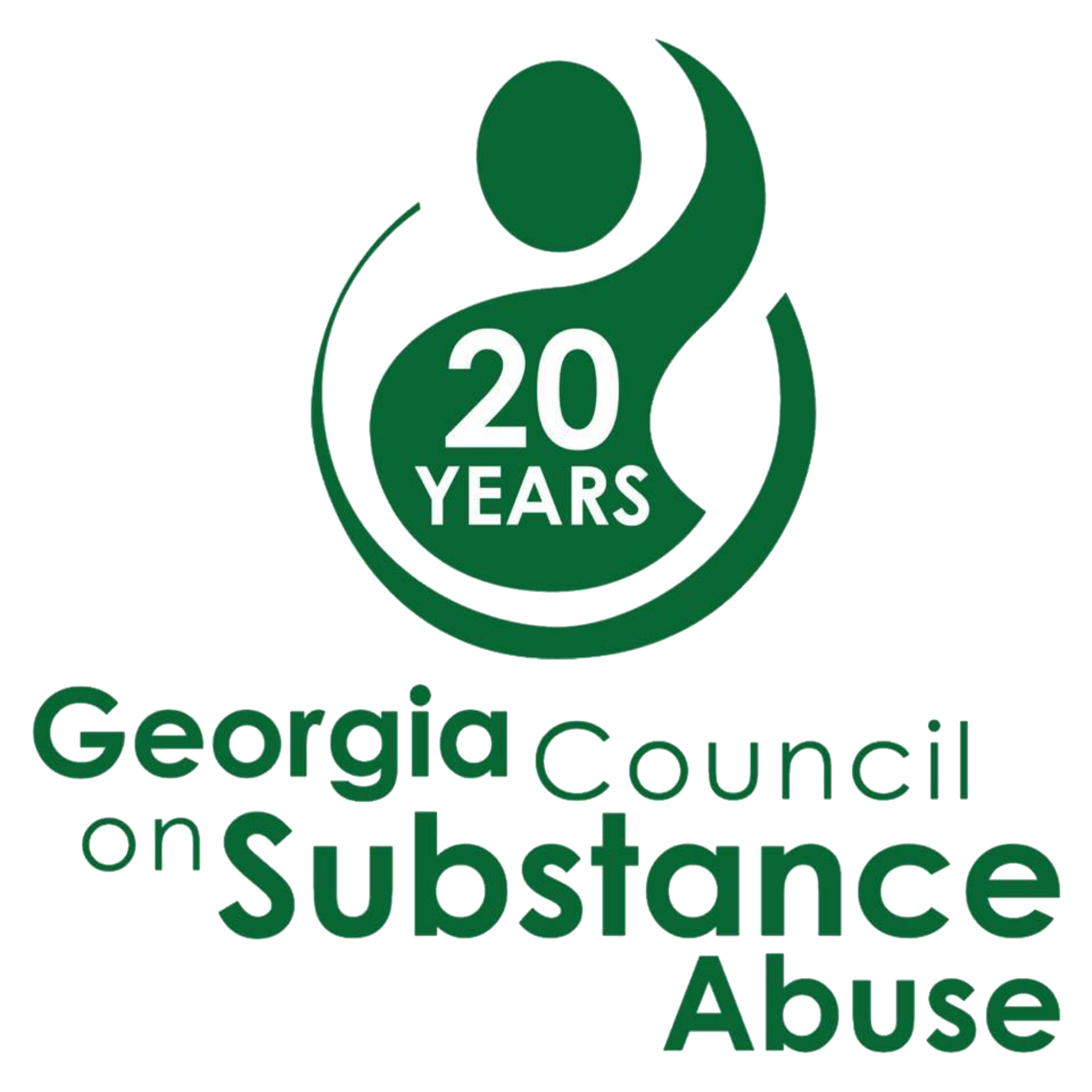The Georgia Council on Substance Abuse Supports The Comprehensive Addiction Resources Emergency (CARE) Act of 2021
The Most Ambitious Legislation Ever introduced in Congress to Confront the Substance Use Disorder Epidemic
FOR IMMEDIATE RELEASE
17 December, 2021
Tucker, GA –
The Georgia Council on Substance Abuse congratulates Chairwoman Carolyn B. Maloney (D-N.Y.), Senator Elizabeth Warren (D-Mass.), Senator Tammy Baldwin (D-Wisc.), Representatives Ann Kuster (D-N.H.), and David Trone (D-Md.) for reintroducing the Comprehensive Addiction Resources Emergency (CARE) Act of 2021, the most ambitious legislation ever introduced in Congress to confront the Substance Use Disorder epidemic.
The CARE Act of 2021 would provide state and local governments with $125 billion in federal funding over ten years. Originally introduced in 2018 by Senator Warren and the late Representative Elijah E. Cummings, the updated CARE Act of 2021 addresses the substance use disorder crisis, including, but not limited to, the opioid epidemic.
Last year, approximately 275 Americans died each day from a drug overdose while the COVID-19 pandemic exacerbated our nation’s mental health and substance use disorder crises. According to a recent report from the Centers for Disease Control and Prevention, it is estimated that more than 100,000 people died of drug overdoses between May 2020 and May 2021, an increase of more than 20 percent over the previous year.
“America’s addiction crisis, is the epidemic within the COVID-19 pandemic. Now more than ever, the federal government must step up and provide our communities with the sustained funding they need to expand treatment access and turn the tide on this epidemic,” said Neil Campbell, Executive Director Georgia Council on Substance Abuse
“The Georgia Council on Substance Abuse calls on Senators Ossoff and Warnock and the Georgia delegation in the House of Representatives to co-sponsor and announce their support for the CARE Act of 2021. The people of Georgia need and deserve bi-partisan support on this important issue,” said Jeff Breedlove, Chief of Policy and Communications, Georgia Council on Substance Abuse
“The opioid epidemic and substance abuse crisis continues to touch every community across Georgia. The CARE Act of 2021 will deliver a sustained funding source for our local and state partners to support prevention, treatment and recovery efforts. This is bold action which will help address this public health crisis and save lives. The CARE Act of 2021 makes historic investments in overdose response, addiction treatment, and recovery-to-employment initiatives, with a focus on the hardest-hit communities that need these resources the most,” said Campbell.
“This critical legislation will deliver essential resources to those on the frontlines of this crisis, in order to prevent future tragedies and save lives. Every day, families across Georgia lose loved ones to addiction. This legislation will give Georgians access to vital treatment and recovery services and support research on prevention of Substance Use Disorder,” said Breedlove
The CARE Act would provide $125 billion over ten years to fight this crisis, including:
$4.6 billion per year to states, territories, and tribal governments, including $2.3 billion to states with the highest levels of overdoses and $1.84 billion through competitive grants.
$3.3 billion per year to the hardest hit counties and cities, including $1.75 billion to counties and cities with the highest levels of overdoses and $1.22 billion through competitive grants.
$2 billion per year for public health surveillance, biomedical research, and improved training for health professionals, including $1 billion for the National Institutes of Health (NIH), $500 million for the Centers for Disease Control and Prevention (CDC) and regional tribal epidemiology centers, and $500 million to train and provide technical assistance to professionals treating substance use disorders;
$1.6 billion per year to support expanded and innovative service delivery, including $1 billion for public and nonprofit entities, $500 million for projects of national significance that provide treatment, recovery, and harm reduction services, $50 million to help workers with or at risk for substance use disorders maintain and gain employment, and $50 million to expand treatment provider capacity; and
$1 billion per year to expand access to overdose reversal drugs (Naloxone) and provide this life-saving medicine to states for distribution to first responders, public health departments, and the public.
###
FOR ADDITIONAL INFORATION:
Jeff Breedlove
Chief of Policy and Communications
Georgia Council on Substance Abuse
404-615-5735

